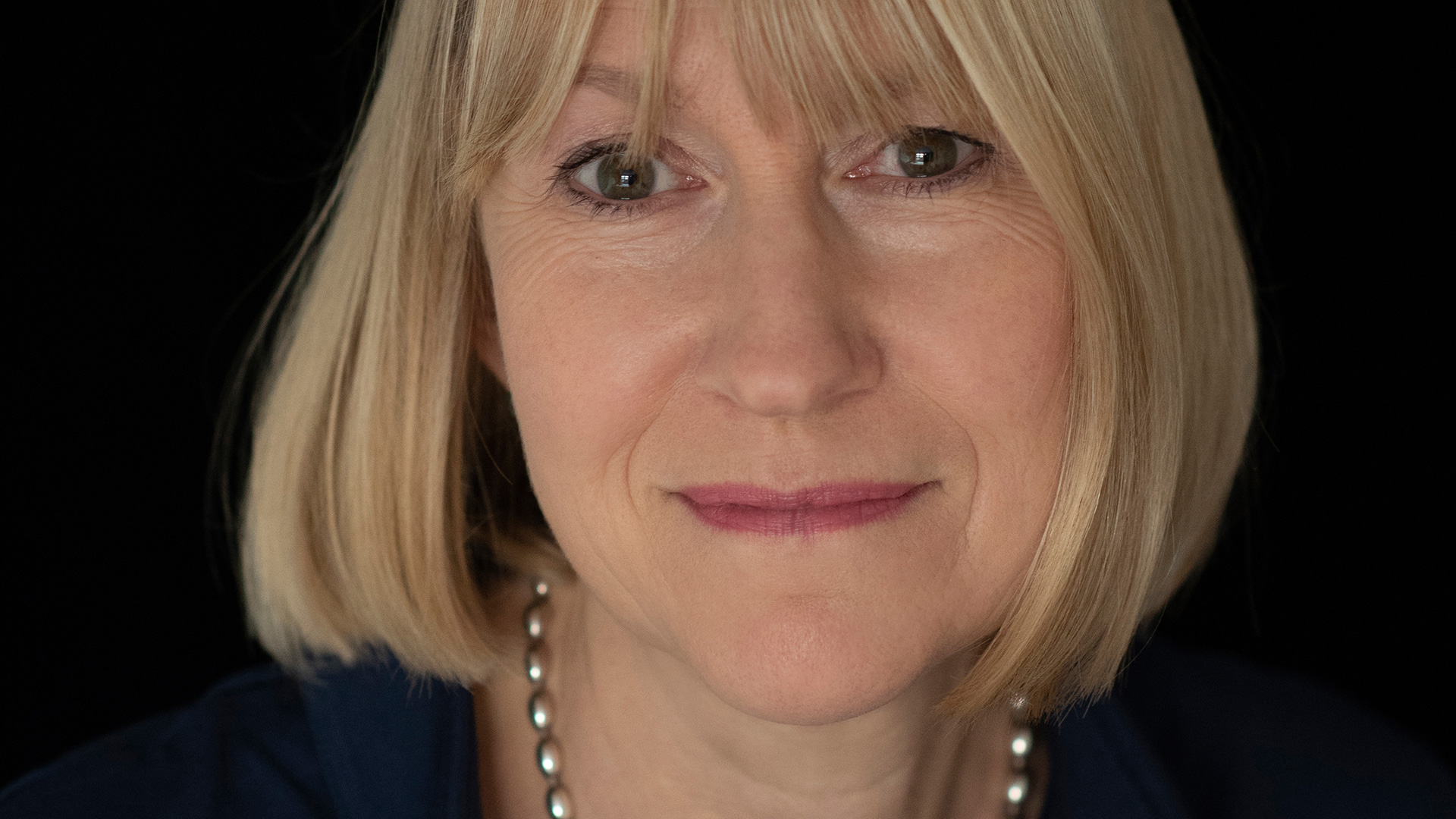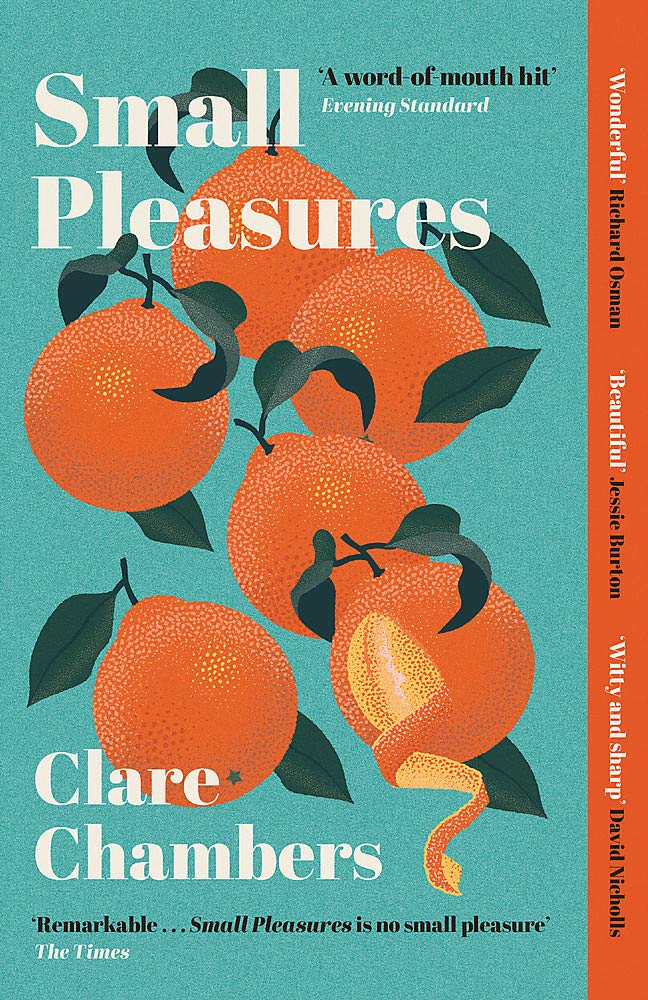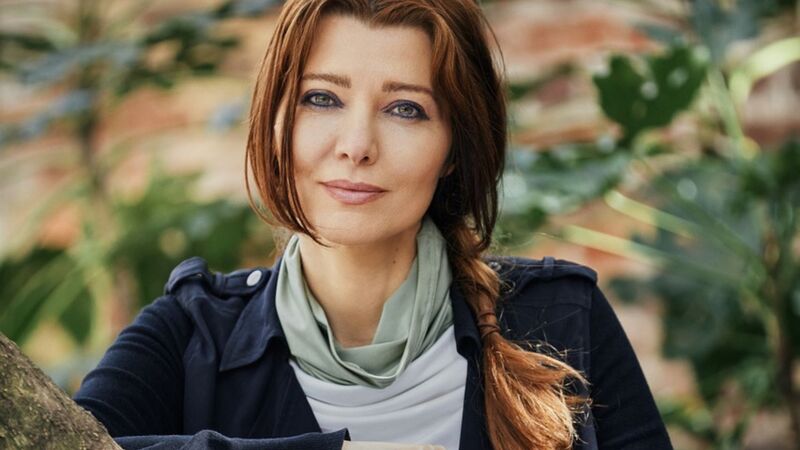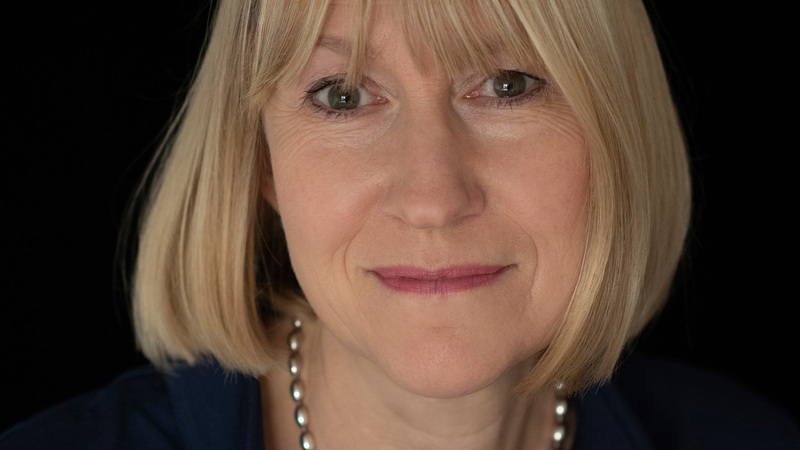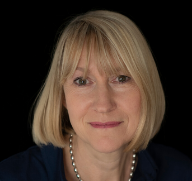You are viewing your 1 free article this month. Login to read more articles.
Clare Chambers, virgin births, sexual revolution and her approach to writing
Clare Chambers’ latest novel, set in England in the 1950s, centres on a young woman’s mysterious claim of a ‘virgin birth’
Around 20 years ago I came across three of Clare Chambers’ early novels at the same time—Back Trouble, Learning to Swim and A Dry Spell—and was immediately entranced, as were the reviewers of the time. To quote just two: “Charming… a funny and moving story with a great deal of style,” found the Sunday Telegraph; “modern, intelligently observed and highly original,” opined the Daily Mail. So when I received a proof of her new novel, Small Pleasures (W&N, July), her first in 10 years, it was like encountering an old friend.
Small Pleasures opens in June 1957, when local paper North Kent Echo has just run a story with the headline “Men No Longer Needed for Reproduction!” following the findings of a study into parthenogenesis (asexual reproduction) in animals. This prompts a slew of letters to the editor, mostly complaints, but one from a married young Swiss woman, Gretchen Tilbury of Sidcup, who claims that her 10-year-old daughter Margaret is the result of a virgin birth. Jean Swinney, the features editor, is given the story.
Approaching 40, Jean has come to an acceptance of sorts about the narrow parameters of her life; unmarried and childless, she lives with her widowed mother, who is a difficult, demanding woman. But as Jean investigates Gretchen’s claim—setting up medical tests and digging into her past—she becomes closer to the Tilbury family, and develops an aching sense of what she has missed out on.
I thought, ‘OK, I’ll have one more go at writing a book and if this one fails as well, I really will hang up my pen
When we speak over the phone, due to the coronavirus lockdown, Chambers tells me that the seed for Small Pleasures was sown some 20 years ago, when she happened to catch the tail end of an interview on BBC Radio 4’s “Woman’s Hour”. The interviewee was journalist Audrey Whiting, who was recalling the time she worked for a newspaper in the mid-1950s when it ran a competition to find a “virgin mother”. Chambers thought it sounded like the basis for a novel but, at the time, she was wasn’t writing in that vein. “I filed it away and thought, ‘Maybe one day I’ll go back to that.’” At the time she was writing “contemporary, light, romantic comedy—and it didn’t really strike me as being that kind of book”.
It wasn’t until 2015 that Chambers returned to the “virgin birth” plot. She had spent precious years writing a novel that “just didn’t work”, in her words. “That [experience] made me very jittery about my writing… it shook my confidence, really.” But with the encouragement of a new agent, Judith Murray at Greene & Heaton, she decided to try. “I thought, ‘OK, I’ll have one more go at writing a book and if this one fails as well, I really will hang up my pen.’”
Late blooming
In the novel, as Jean looks into Gretchen’s claim about her daughter’s origins, she becomes closer to the whole family, but particularly Gretchen’s husband, Howard. Her first impressions are of a thin, stooped, balding man, but she soon starts to see beyond his appearance to his kindness, intelligence and dry wit. It is, as Chambers says, “a late-flowering love affair between two unattractive people—well, average people, not glamorous people”. Jean glimpses a second chance at the things she believed were long out of her reach.
Chambers herself lives where her characters do, on the edge of London’s south-easternmost suburbs. The novel’s physical setting was on her doorstep: the neat 1930s semis with carefully tended gardens have not changed so much since the 1950s perhaps, but the expectations of those living there certainly have. A central theme in the novel is the conflict between personal fulfilment and duty, particularly for Jean: “It wasn’t even that she felt she was making huge sacrifices… It was just what you had to do, there was no choice. It was just your lot, or what you ended up with. That must have been true for a lot of unmarried daughters.
“[Readers] know that the sexual revolution is coming, the 1960s are coming. Life is about to get better for most people. But the characters don’t know that, so they don’t have our sense of disappointment in their lives. They are living them thinking they are normal, which makes it all the more poignant, really.” It is indeed a moving novel, which perfectly balances Jean’s reawakening with the solving of the mystery of Gretchen’s “virgin birth”, and the ending is devastating.
“I was the most junior person in the building and my job then was typing contracts—and I had to type my own!
Small Pleasures is Chambers’ seventh novel. She wrote her first novel straight after graduating from Hertford College, Oxford, while in New Zealand, accompanying her then boyfriend—now husband—who was on a teaching exchange. Living on the edge of a small town, without a work visa, provided her with the perfect opportunity: “I thought, ‘Well if I don’t write a book this year then I’m really not a writer.’ Everyone always says, ‘Oh, if only I had the time’, and time is what I had.” She returned to England with a manuscript, having decided that, even if her novel was never published, she wanted to work with books.
She wrote to André Deutsch on a whim, choosing the small publishing house simply because it had published one of her favourite childhood books. It was then run by the legendary publisher Tom Rosenthal, whose secretary happened to be off sick when Chambers’ letter arrived. “They rang up and said, ‘Do you fancy doing a bit of typing?’” She started as an editorial secretary in 1990 and worked her way up to editor within five years. While she was there, André Deutsch editor Diana Athill bought the novel Chambers had written in New Zealand. “I was the most junior person in the building and my job then was typing contracts—and I had to type my own!” Uncertain Terms was published in 1992 and was reviewed by Penelope Fitzgerald in the Evening Standard—“a moving as well as very funny first novel”.
Learning the ropes
She left André Deutsch in 1995 to have children and continue writing. Five more novels followed—all excellent—including Learning to Swim, which won the 1998 Romantic Novelists’ Association Award, and The Editor’s Wife, which drew on her experiences at André Deutsch. More recently she has been working in a school part-time to support her writing, as the majority of writers must, but will now take up a Royal Literary Fund fellowship at the University of Kent in September, which involves teaching but will allow plenty of time for her own writing. Of a typical writing day she says, “I don’t think, ‘Today I’ve got to write a book.’ I think, ‘Today I’ve got to write a page, a good page.’ Every day I sit down to write a good page, maybe two. Never more than two. If I think about it incrementally like that, I don’t feel so overwhelmed."
“When I start a book, I know it’s going to take me two or three years and I want it to be a pleasurable experience. I won’t start anything until I’m absolutely driven. If nothing comes to me then I just won’t write it. It’s not the case that I feel I must produce a book a year because I’m under contract,” she says, adding drily, “It’s not as though there’s a shortage of books out there for people to read.” Which may be technically true, but when a writer is as a good as Clare Chambers, I definitely want more.




